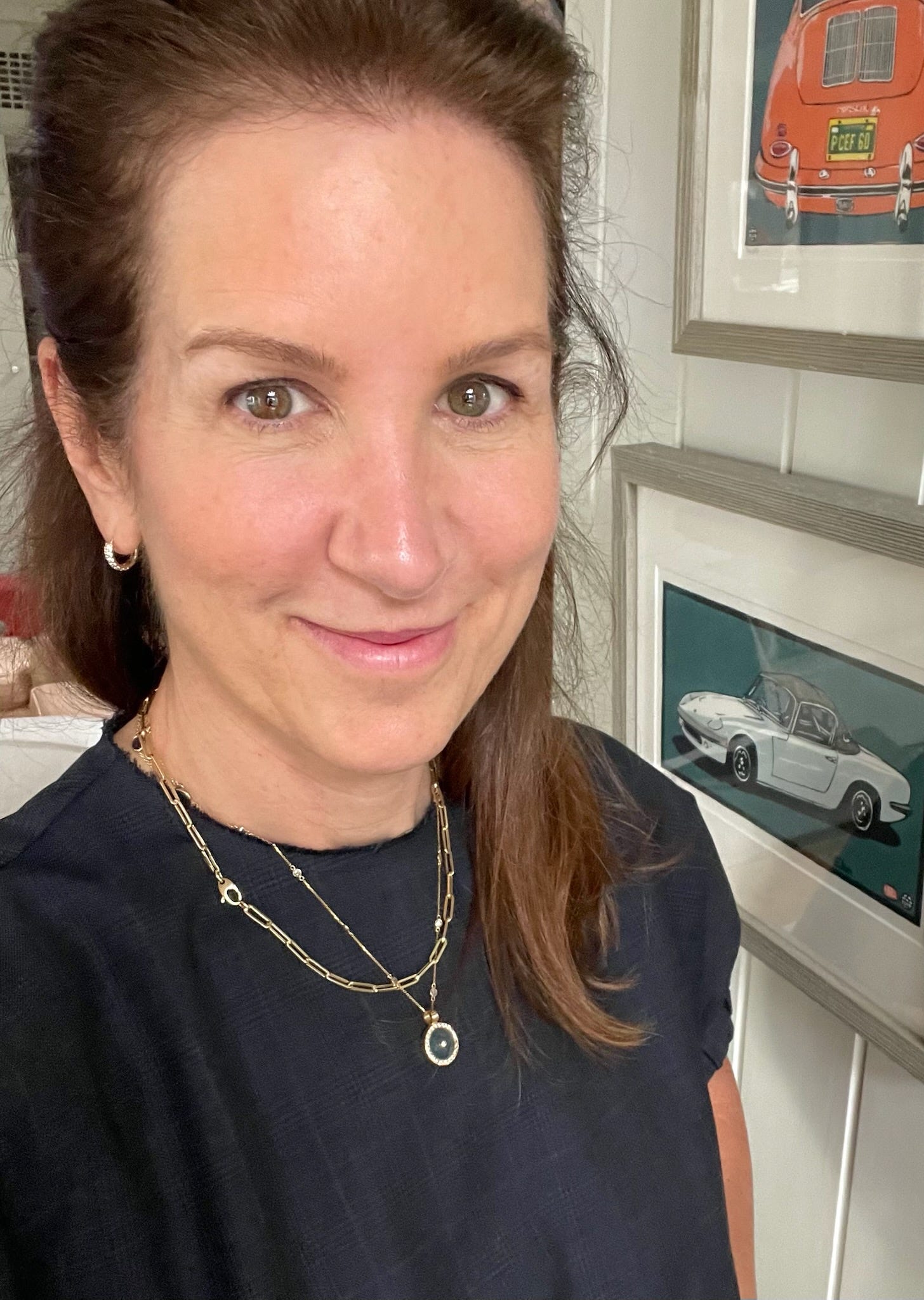What does it even mean to “be okay?” And why on earth did I title my newsletter with this query??
Let’s start with the here and now.
Nine days into 2023, many of us have hit a fork in the road. It begs the questions:
Should I keep plugging away at my New Year’s resolutions to [exercise more/drink less/meditate/be nicer to people]? Or
Should I default to fa…
Keep reading with a 7-day free trial
Subscribe to Are You Okay? to keep reading this post and get 7 days of free access to the full post archives.




